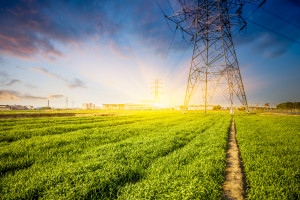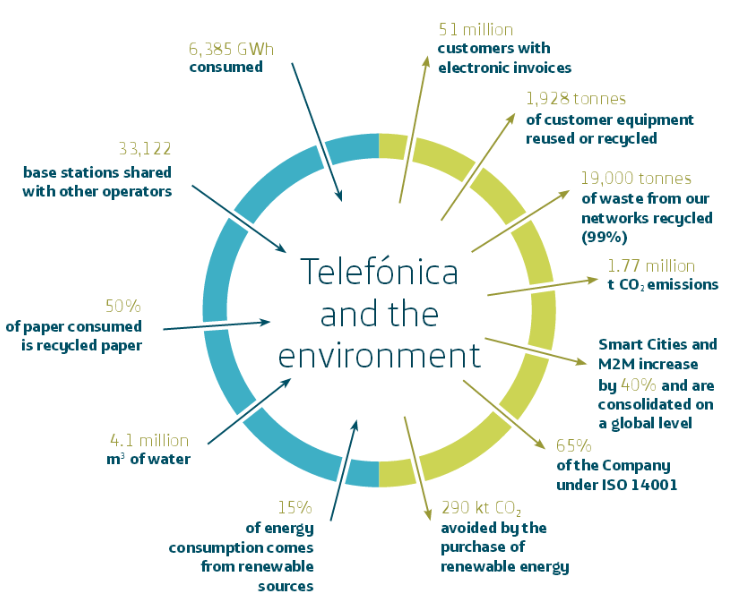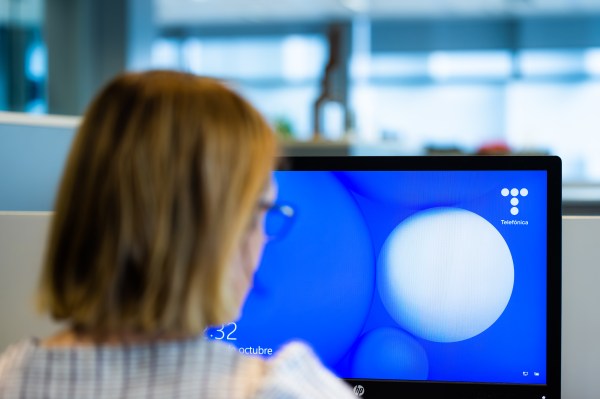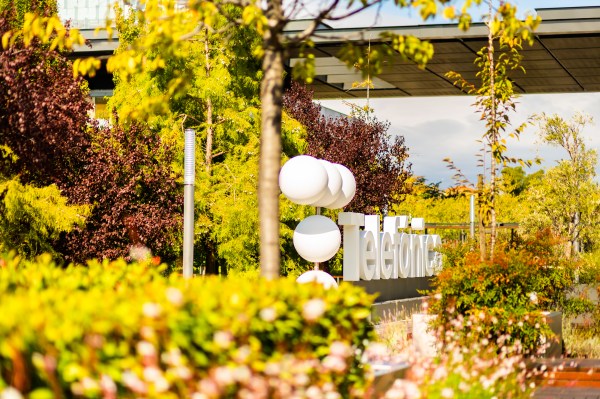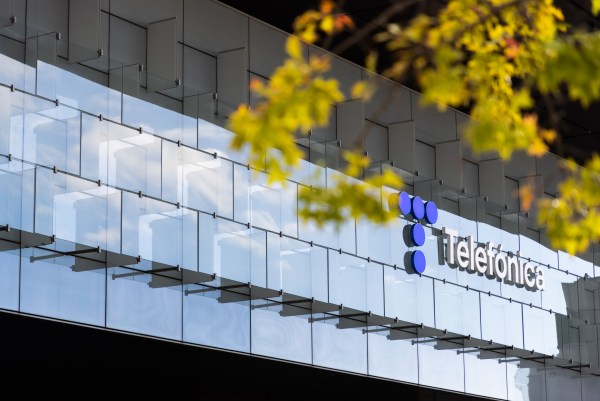 Elena Casado Adán. Community Manager and Editor, Telefónica S.A.
Elena Casado Adán. Community Manager and Editor, Telefónica S.A.
Before beginning to talk about the wheres and whyfores of the need for something, you have to know what it is. Therefore, what really is the circular economy?
If we take a look back, we will realise that the economy has followed a linear model, which assumed the availability of low-cost resources in abundance. Unfortunately, this system is not viable in the long term, and we need to make the leap as soon as possible toward an economy which reuses, repairs, reforms and recycles existing products and materials. The change of mentality needed to see “waste” as “resources”, will lead to greater economic growth and create new job opportunities. In this context, the Secretary of State for the Environment, Federico Ramos, stresses that “we have a duty to future generations to manage our environment in the best way possible.”
The creation of better ecodesigns, the prevention of waste generation and the reuse of waste will lead to savings of up to 600 billion euros for European businesses, and will help to reduce greenhouse gas emissions, according to data from the European Union. The additional measures which will be taken to improve the productivity of resources by 30% by the year 2030, could increase GDP by almost 1%, and would enable the creation of 2 million additional jobs.
The European Union is making an effort to ensure the continent’s transition to a circular economy. In fact, in the article, “Moving Towards a Circular Economy“, a series of legislative measures for achieving the objective of recycling and waste management are proposed. This publication is included in the Resource Efficiency Agenda, established in the Europe 2020 Strategy, for smart, sustainable and inclusive growth.
Some of the objectives proposed by the EU are:
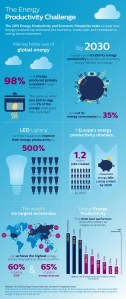
- To increase the recycling and/or reuse of municipal waste by 70% by 2030.
- To increase the recycling and/or reuse of packaging waste by 80% by 2030.
- The elimination of landfills by 2025, to be replaced by deposits of non-hazardous recyclable waste.
- A 30% reduction in the generation of food waste by 2025.
According to Karmenu Vella, European Commissioner for the Environment, “It is necessary to accelerate the transition to this type of model in order to ensure the viability of our society for future generations.” Consequently, it is essential that all the entities involved make a commitment to meeting these objectives, which not so long ago seemed unattainable.
Telefónica and the Circular Economy
The principles of the circular economy have been applied by Telefónica for years, through the reuse of our network equipment, and the recycling of our customers’ devices.
In this context, we have a large number of successful examples of different types of business which generated approximately 30 million euros in 2014, and which also had a positive impact on the environment.
In addition, we have an integrated policy for the management of waste electrical and electronic equipment (WEEE) based on the 3 principles of eco-efficiency: Reducing, Reusing and Recycling. In 2014, these were applied to the 1,928 tonnes of WEEE from the customers that we manage.
